Dynamics 365 ERP. Done Differently.
Mint UK can accelerate your next ERP project, saving you time, costs, and unnecessary frustrations.
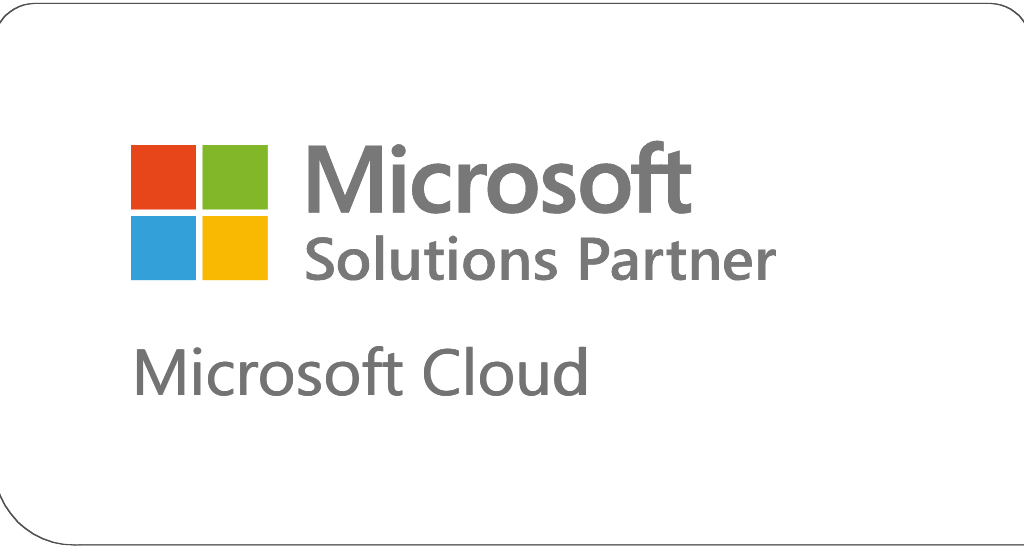

Who is Mint UK?
Mint UK is part of the Mint Group of companies, a top Microsoft Partner of choice specialising in Dynamics 365 ERP consultancy and development of integrated IT business solutions.
With offices in the UK, South Africa, Africa, and Australia, Mint provides transformed enterprise-wide solutions across the Microsoft Cloud Stack including Dynamics 365, Microsoft 365, Azure & AI.
Our mission is to enhance business efficacy by providing technology solutions that heighten our clients’ ability to deliver outstanding stakeholder experiences, fostering an increase in value and equity.
Why Choose Mint?
Since 1999, Mint UK has been developing solutions aimed at enhancing the customer experience, bolstering agility, and enhancing operational efficiency. Leveraging the power of the Microsoft Cloud, we’re expediting digital transformation for enterprises and public sector entities across the world.
As a proficient Cloud Solution Provider (CSP), our expertise spans across the entire Microsoft Cloud suite – including Azure, Dynamics 365, and Microsoft 365.
Mint UK is proud of being recognised as a leading Microsoft Solutions Partner which highlights our unwavering commitment to achieving outstanding customer results. We’re a Solutions Partner for the following designations:
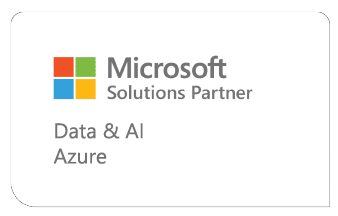
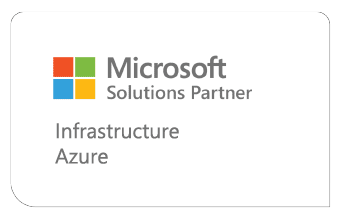
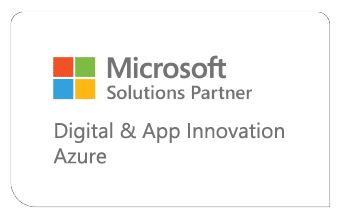
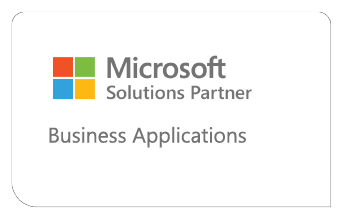
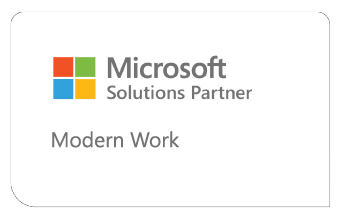

Mint’s Awards & Accolades
Explore Mint’s prestigious awards, highlighting our industry-leading expertise and commitment to excellence in technological innovation.

Dynamics 365 Inner Circle Member
Premier Partner for Global Business Applications

Top 10 Dynamics 365 Customer Insights
Global Insights Implementation Leaders

Change Management and Adoption
Advanced Change Management Specialist

Microsoft South Africa Partner of the Year Award
Partner of the Year 2022
Explore our range of Microsoft Cloud Enterprise Software Solutions
Dive into Mint Group’s full suite of cloud-enabled enterprise systems, designed to refine your business functions within the Microsoft ecosystem.
Ready to streamline your business’s digital transformation?

Enterprise Resource Planning
Streamline operations with Dynamic 365's enterprise resource planning software

Dynamics 365 Customer Engagement
Utilise the power of Dynamics 365 for customer relationship management (CRM)

Power Platform
Support business functions using Dynamics 365's enterprise application software

Managed Services Provider
Your partner in delivering end-to-end enterprise solutions

Cloud Solutions Provider
Your partner in delivering integrated cloud strategies and solutions

Microsoft 365
Enhance team productivity with our cloud-based enterprise software

Azure
Transform your business on Azure, the leading cloud platform
Cloud Applications for Business Transformation
In search of enterprise application solutions to drive your business forward? The Mint Group is equipped with vast skill and expertise across Microsoft cloud service offerings enabling your business to integrate automation and tap into advanced technologies seamlessly.
Explore our Microsoft cloud service and the power of our Vision AI suite below to learn more:
Comprehensive Technology Solutions
Discover an end-to-end technology solution with Mint Group.
Within our range of solutions offerings, Mint Group holds both the expertise and capabilities to offer clients specialised consultancy and advisory assistance, helping them refine and enhance their business operations using:

Business Consultancy

Implementation Consultancy

Testing

Support

Architecture

Project Management

Digital Enablement

Development

Cloud Enablement
Create Tomorrow
At Mint, we place people at the centre of everything we do to ensure a seamless blend of people, processes and technology that fosters innovation.
Our culture embraces an ethos of being first and ensuring that in everything we do, we create tomorrow.
Frequently asked questions about enterprise software solutions
What is an enterprise software solution?
An enterprise software solution, like Microsoft Dynamics 365 or Microsoft 365, is a large-scale system designed to improve business processes, enhance customer service, and serve as an all-encompassing management system.
Its primary goal is to integrate several functions into a unified platform that operates in real-time. By consolidating various business functions, enterprise software solutions streamline operations, ensuring that businesses can function more efficiently and make more informed decisions promptly.
The perfect blend of technology and strategy, these solutions are instrumental in addressing the diverse needs of a growing enterprise, ensuring they stay ahead in a competitive marketplace.
What is an enterprise resource planning (ERP) software?
Enterprise resource planning (ERP) software, a core component of Dynamics 365, is a type of enterprise software aimed at managing project tasks, overseeing the supply chain, and coordinating resources efficiently.
It is essential for maintaining customer relationships and ensuring that every facet of a business runs seamlessly. ERP is a cornerstone among enterprise application software (EAS), providing a central hub from which organisations can control various business processes and ensure that resources, from manpower to inventory, are allocated efficiently.
By unifying disparate systems into one cohesive platform, ERP software ensures streamlined operations and improved data access across departments.
What are the types of enterprise software?
Enterprise software encompasses a wide range of tools and solutions, each tailored to specific business needs.
This includes enterprise application software which focuses on large-scale operations, and enterprise software tools that enhance specific processes.
Common types of enterprise software involve content management for organising data, data analytics tools for business intelligence, and systems for inventory management or human resources.
Enterprise applications also extend to customer service and managing customer data, ensuring effective social media strategies, and making informed decisions based on large-scale data analyses. By integrating these tools, enterprise software solutions provide businesses with the capability to operate more efficiently, making the most of every resource and opportunity.





